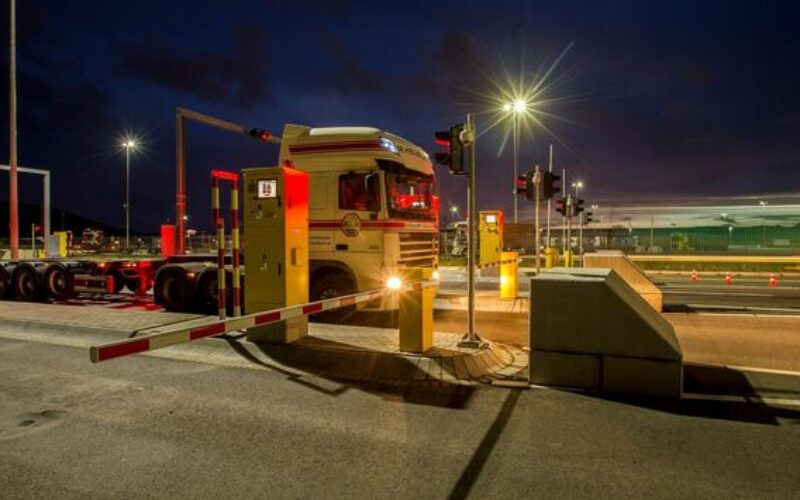The Port of Rotterdam has declared that all import containers from Latin America arriving at the port will exclusively be released securely and reliably through the Secure Chain system.
The new operational approach, effective from 31 March, reportedly creates a closed logistics chain that solely comprises familiar, authorised parties.
The Secure Chain is part of a broader approach deployed by the public and private sectors to present a united front against drug crime in the Port of Rotterdam.
In the Secure Chain, companies digitally pass on the authorisation to collect a container from the terminal to one another. Only an inland operator that has been authorised through the Secure Chain can gain access to the terminal.
The collection of containers using PIN codes, which are susceptible to potential abuse, will come to an end.
READ: Port of Antwerp-Bruges plans mandatory ID-based container pick-up
The Secure Chain makes the Dutch port logistics chains more resilient to unwanted external influences, the port reported.
The shipping lines/ship agents servicing Rotterdam from Latin America include CMA CGM, COSCO Shipping, Maersk, MSC, ONE, OOCL, and ZIM. They are presently in the process of gradually connecting their customers.
HMM, Yang Ming, and soon Evergreen are already operational with the Secure Chain. After the import of containers from Latin America, the shipping lines/ship agents will prioritise the phased implementation of the Secure Chain for other incoming deep-sea containers.
READ: EUROGATE Container Terminal Wilhelmshaven joins Portchain Connect Network
The Secure Chain largely works via the Port Community System of Portbase, the neutral logistics platform for the Dutch ports.
To accommodate the Secure Chain, Portbase has added an extra authorisation layer on top of several existing digital services. This makes it possible for different links to pass on the authorisation to collect a container.
Furthermore, all parties are reportedly able to operate with greater efficiency. For example, participants benefit from the smart reuse of data and gain optimal insight into the status and planning of import containers throughout the chain.
“The time of widely shared PIN codes via email is over,” said the spokesperson for the Secure Chain.
“In the Secure Chain, all the information that is required for the secure and reliable collection of a container is transferred digitally from one link to the next.”
More recently, the Port of Rotterdam Authority inked a new deal with VARO Energy Group.








